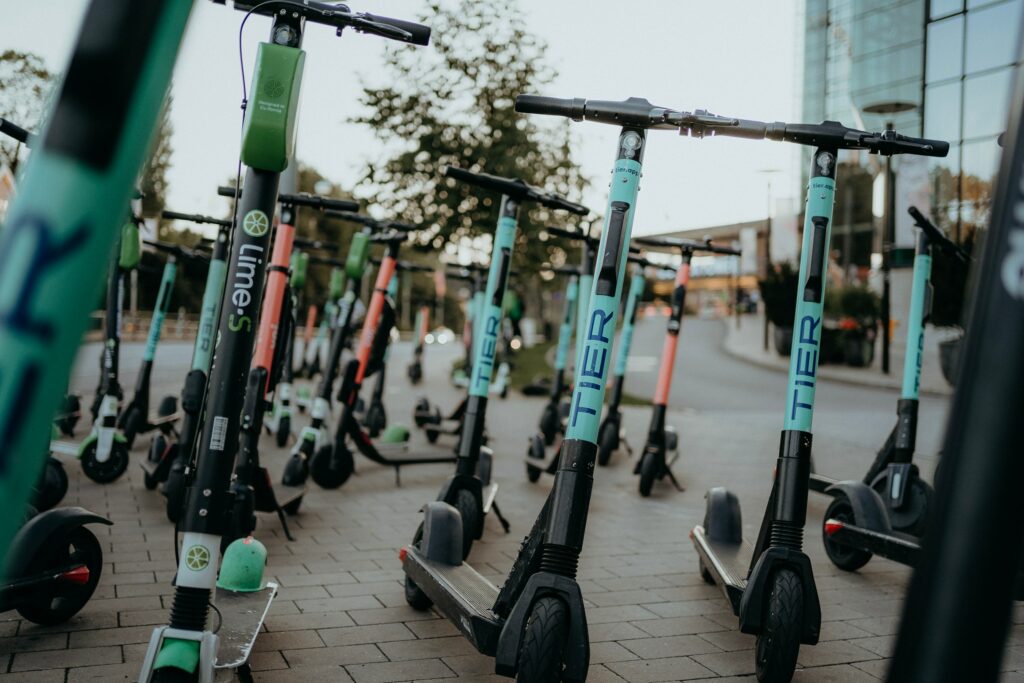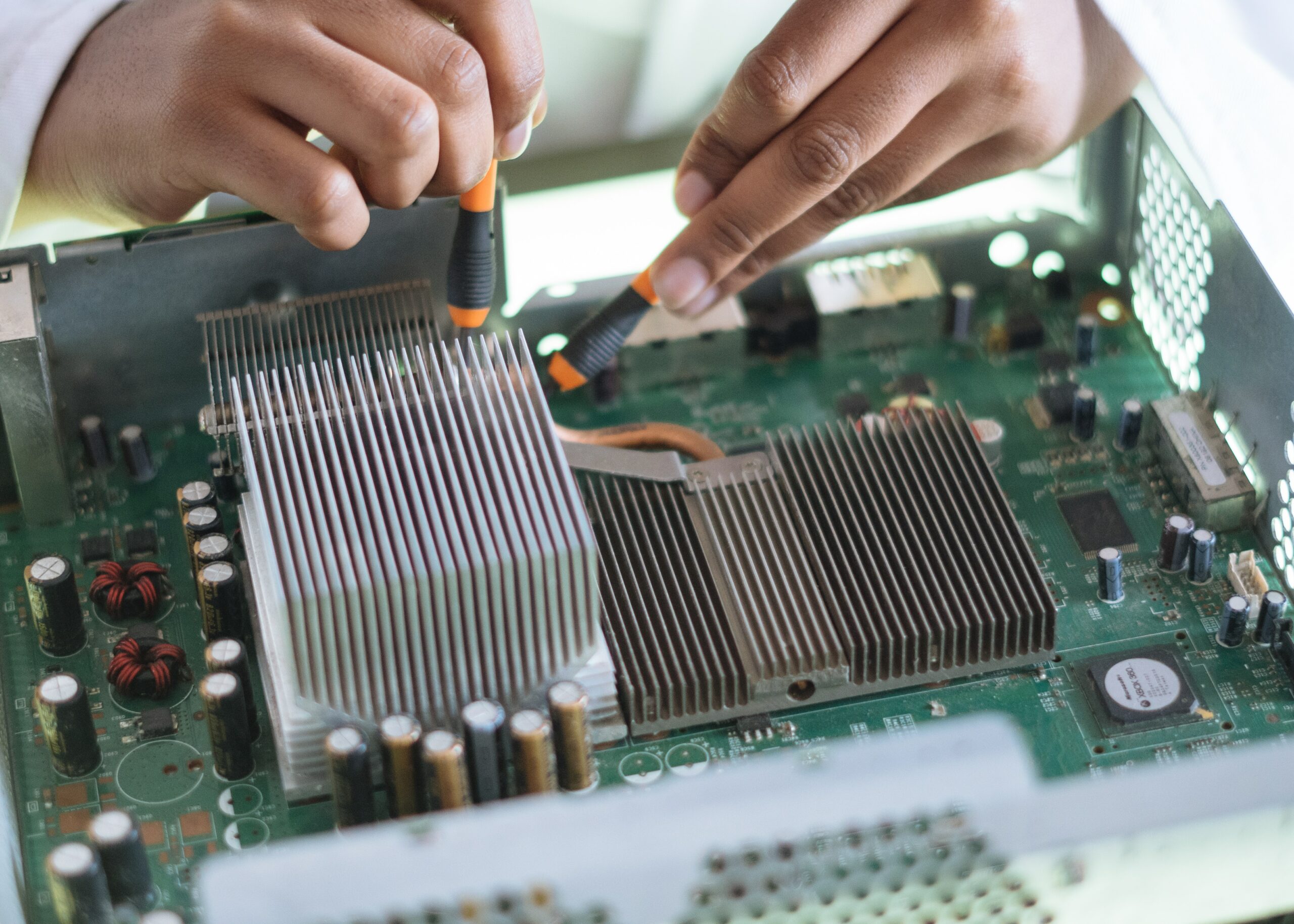
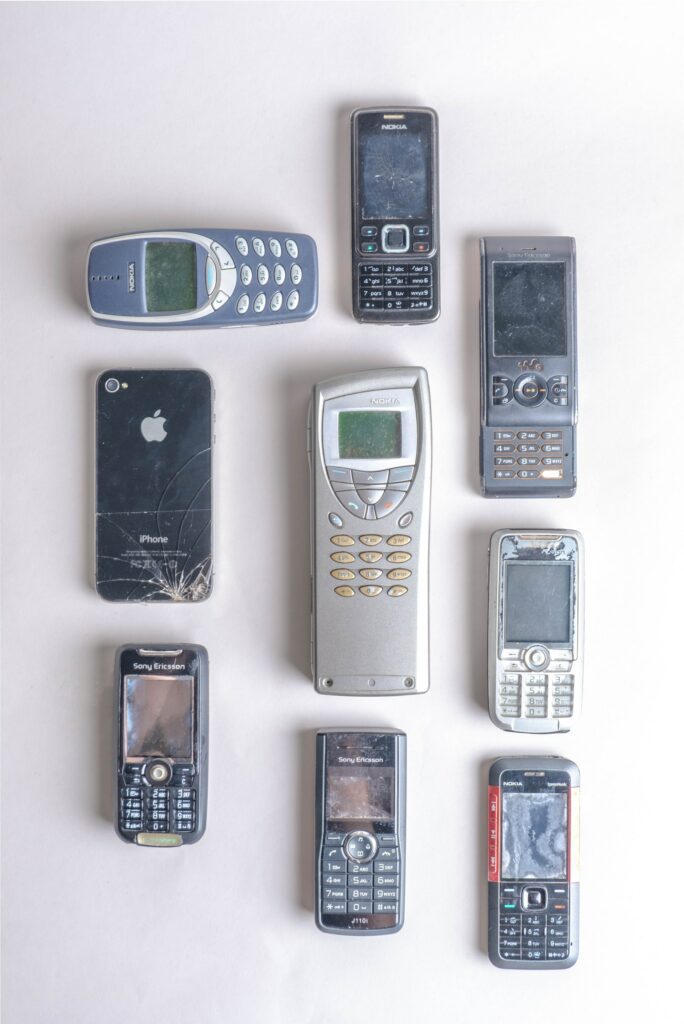
What are e-waste ?
Electronic waste (e-waste) is substances derived from end-of-life electrical and electronic devices. They are different, varied, and present in our daily life – on electronic cards, mobile phones, computers, and tablets, as well as batteries for electric vehicles such as cars, scooters, and bicycles.E-waste in numbers
On average, more than 2 million tons of electronic circuit boards are manufactured each year. 100,000 tons of tablets, 700,000 tons of computers, 600,000 tons of electronic cards are discarded directly into public landfills, without being recycled. (2017 data) Yet, e-wastes contain many rare and precious metals that can be recycled and reused in various fields, ranging from medical to aeronautics, to chemicals. Rather than extracting raw materials from the Earth’s limited reserves, we source them nearer to us, from everyday e-waste, which is far more abundant than the Earth’s reserves itself. For instance, the gold density of the soil extracted from gold mines in South Africa is 1g to 7g per ton, compared to 10 to 300g per ton extracted by the recycling industry.The gold density in soil extracted from gold mines in South Africa is 1g to 7g per ton, compared to 10 to 300g per ton extracted by the recycling industry.
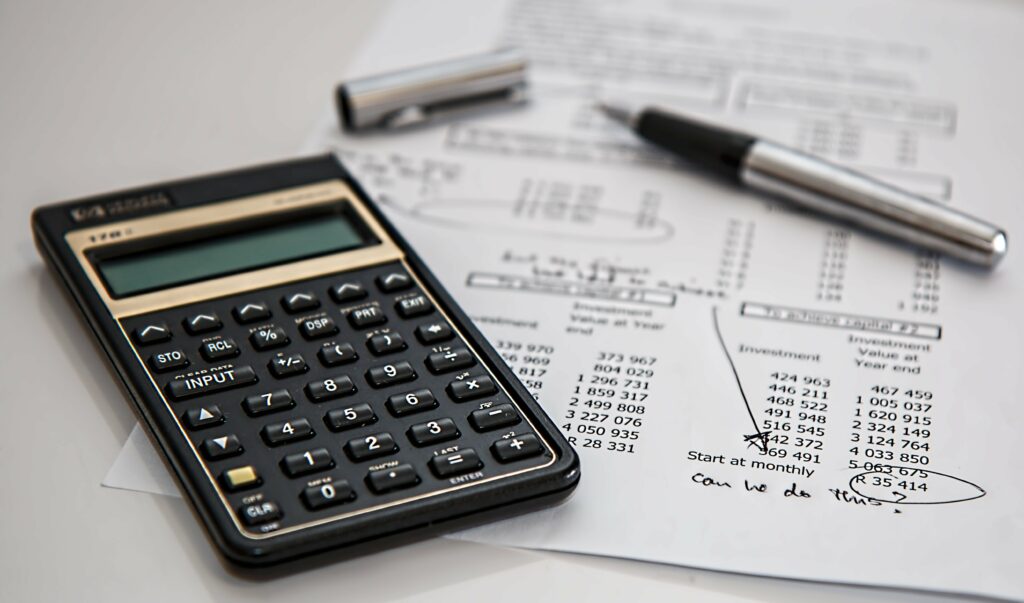
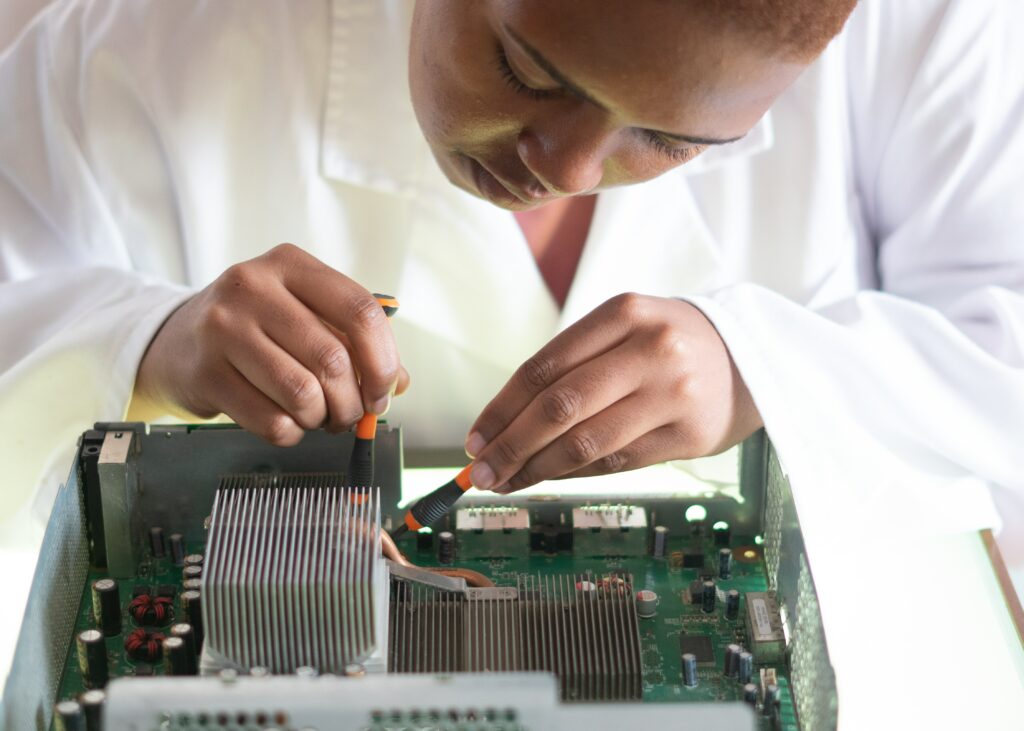
Sanou Koura is groundbreaking the e-waste recycling industry
Today’s metal extraction processes allow the retrieval of conventional metals: gold, silver, copper, and palladium. Recent figures on metal consumed by the electronics industry :
60% of tantalum
80% of indium
35% of tin or cobalt
20% of silver and lithium
10% of gold and palladium
6% of copper
Some of these metals are not recycled.
Years of Research and Development, as well as numerous partnerships with renowned national and international institutions, enabled the implementation of our novel and unparalleled process.
Sanou Koura’s innovation involves extracting all traces of metals found in e-wastes, namely cobalt, tin, nickel, tantalum, and others.
Sanou Koura to be the first European foundry that’s capable of extracting these metals. Various patents have been registered, particularly for the extraction of tantalum.
Sanou Koura, an outlook of the present and the future
Today, the world recovers 550 KT/year. Recycling growth is estimated at 7% per annum, driven by the exponential demands of electronic products and a better management of sorting and recycling processes worldwide. Our goal is to recycle up to 20,000 tons of waste per year while becoming one of the leading suppliers of strategic metals in Europe. It is estimated that by 2025, up to 5 KT/year of e-waste will be generated from the new electric urban modes of transportation, such as scooters and electric bicycles. Sanou Koura is expected to process and recycle up to 3 KT/year, which means taking care of more than half of the estimated e-waste.